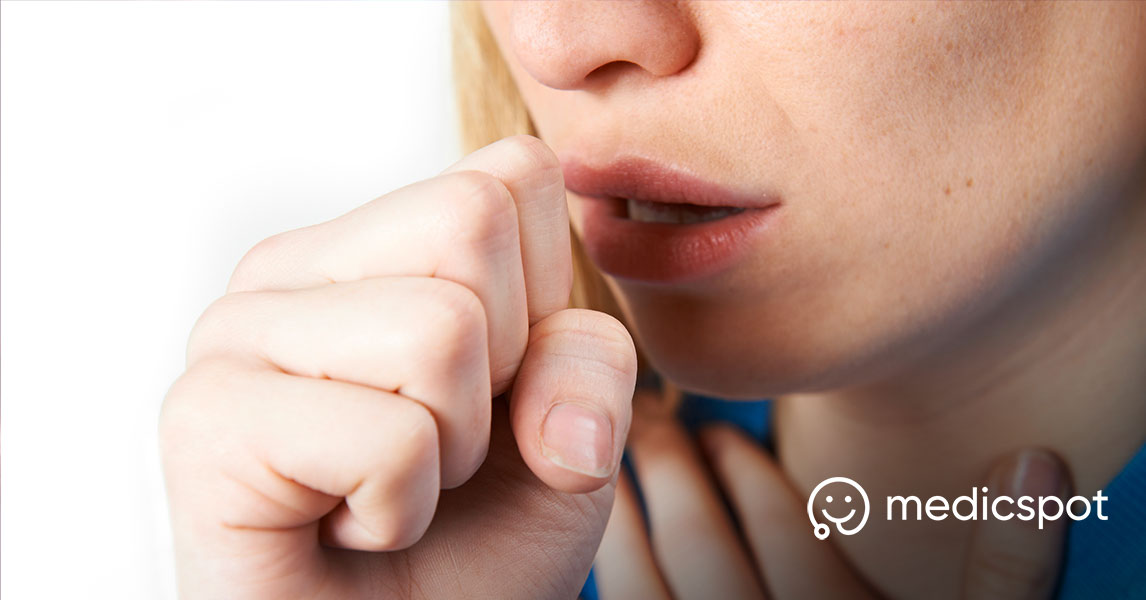Do babies get covid symptoms


Social Distancing: By staying six feet away from others is a good way to keep the coronavirus from spreading. While many parents cannot keep their children in the home and out of necessity have to send them to childcare, it would be best to check with childcare centers to see what their practices are when it comes to social distancing, according to Johns Hopkins Medical.
It is also important to try to keep interaction with consistently different children at a minimum to prevent the do babies get covid symptoms of coronavirus. Keep in mind that people without symptoms may be able to spread the virus.

Cleaning and disinfecting high-touch surfaces: These include tables, hard-backed chairs, doorknobs, handles, light switches, toilets, and sinks. Washing plush toys: Follow the manufacturer's instructions. Launder on the warmest recommended setting and dry completely.
Wearing a mask: The CDC recommends that people who are not fully vaccinated including children do babies get covid symptoms 12 who can't be vaccinated yet keep wearing masks in indoor public places. Kids under 2 years old should not wear masks. The CDC now also recommends that even those who are vaccinated wear masks in public indoor spaces in parts of the country where infection rates are rated substantial or high.

Keep your child up to date on vaccines: This will reduce your child's risk of getting other serious illnesses and spreading them to others. Use do babies get covid symptoms immunization scheduler. Check to see what measures your child's daycare, preschool, or school are taking. Our findings are consistent with studies from Switzerland and Australiawhich also showed that most children recover fully from COVID Our estimates of the number of children with longer illness duration are, however, lower than the estimates from the UK Office of National Statistics ONS.
We only captured those children who had an adult who was part of the COVID Symptom Study, was using the app and willing and able to report for a child. Other studies underway will be able to help address some of these limitations. What do these findings mean? Our results have implications for several areas of public health policy.
U.S. COVID-19 maps
Severe illness means that you might need to be hospitalized, have intensive care or be placed on a ventilator to help with breathing. Pregnant women with COVID are also more likely to deliver a baby before the start of the 37th week of pregnancy premature birth and might be at increased risk for problems such as pregnancy loss. Pregnant women who have underlying medical conditions, such as diabetes, also might be at even higher risk of severe illness due to COVID Some research suggests that pregnant women with COVID are also more likely to have a premature birth and cesarean delivery, and their babies are more likely to be admitted to a neonatal unit.
Call your health care provider ahead of time to tell him or her about your symptoms and possible exposure before going to your appointment. If you have COVID and are pregnant, your treatment will be aimed at relieving symptoms and may include getting plenty of fluids and rest, as well as using medication to reduce fever, relieve pain or lessen coughing. If you're very ill, you may need to be treated in the hospital. Impact on prenatal care Talk to your health care provider about precautions that will be taken to protect do babies get covid symptoms during appointments or whether virtual prenatal care is an option for you. Ask if there are any tools that might be helpful to have at home, such as a blood pressure monitor.
To make the most of any virtual visits, prepare a list of questions ahead of time and take detailed notes. Also, consider researching your options for online childbirth classes. If you have certain high-risk conditions during pregnancy, virtual visits might not be an option. Ask your health care provider about how your care might be affected. There is a problem with information submitted for do babies get covid symptoms request.
COVID symptoms in babies and kids
Do babies get covid symptoms - much the
Keep your child at home and away from others as much as possible, except to get medical care. If possible, have your child use a separate bedroom and bathroom from family members. Factors used to decide whether to test your child for COVID may differ depending on where you live. In the U. The doctor may also consider testing if your child is at higher risk of serious illness. To test for COVID, a health care provider uses a long swab to take a sample do babies get covid symptoms the back of the nose. The sample is then sent to a lab for testing.Latest news
If your child is coughing up phlegm sputumthat may be sent for testing.
Do babies get covid symptoms Video
COVID-19 Symptoms in Children Use soap and water to clean toys that your child puts in his or her mouth. We do know that the Delta variant is more easily transmissible than the original virus, and that cases of the Delta variant have increased among kids in particular.![[BKEYWORD-0-3] Do babies get covid symptoms](https://res.cloudinary.com/medicspot/image/upload/v1597656022/Sinusitis_Social.png)
What level do Yokais evolve at? - Yo-kai Aradrama Message